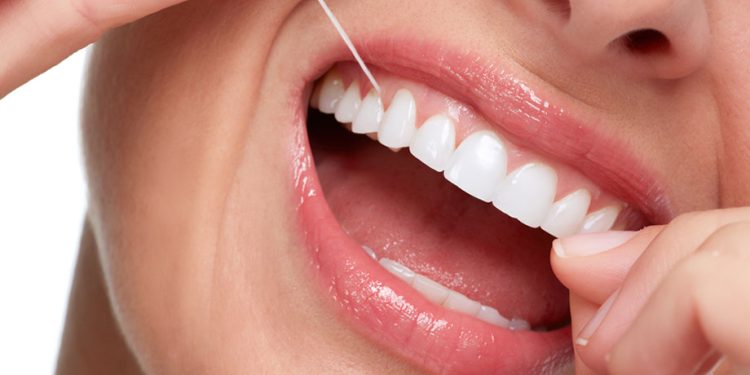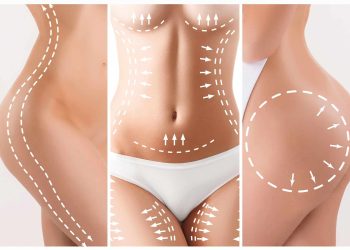Maintaining good oral hygiene is essential for overall health and well-being. A healthy mouth not only contributes to a confident smile but also plays a significant role in preventing dental issues such as cavities, gum disease, and bad breath. In this comprehensive oral care guide, we’ll explore the importance of proper brushing, flossing techniques, and other essential practices to keep your teeth and gums in top condition with the guidance of best dental clinic in dubai
- Brushing Basics
Brushing your teeth at least twice a day is the foundation of good oral hygiene. Use a soft-bristled toothbrush and fluoride toothpaste to effectively remove plaque and debris from the surfaces of your teeth. Here are some key brushing basics to keep in mind:
- Hold your toothbrush at a 45-degree angle to your gums.
- Use gentle, circular motions to clean the front, back, and chewing surfaces of your teeth.
- Don’t forget to brush your tongue to remove bacteria and freshen your breath.
- Replace your toothbrush every three to four months, or sooner if the bristles become frayed.
- Flossing Techniques
While brushing cleans the surfaces of your teeth, flossing is essential for removing plaque and food particles from between your teeth and along the gumline. Proper flossing techniques can help prevent gum disease and cavities. Follow these steps for effective flossing:
- Start with about 18 inches of dental floss and wind most of it around your middle fingers, leaving about one or two inches of floss to work with.
- Gently guide the floss between your teeth using a back-and-forth motion, being careful not to snap it against your gums.
- Curve the floss into a C shape around each tooth and gently slide it up and down to remove plaque and debris.
- Use a clean section of floss for each tooth to avoid spreading bacteria.
- Mouthwash and Rinsing
In addition to brushing and flossing, using an antimicrobial mouthwash can help reduce bacteria and freshen your breath. Choose a mouthwash that contains fluoride to strengthen your tooth enamel and protect against cavities. Rinse with mouthwash for 30 seconds after brushing and flossing, making sure to swish it around your mouth thoroughly before spitting it out.
- Healthy Eating Habits
A balanced diet plays a crucial role in maintaining oral health. Limit sugary snacks and beverages, as they can contribute to tooth decay and gum disease. Instead, opt for nutritious foods such as fruits, vegetables, lean proteins, and dairy products, which provide essential vitamins and minerals for strong teeth and gums. Drinking plenty of water throughout the day also helps wash away food particles and bacteria, keeping your mouth clean and hydrated.
- Regular Dental Checkups
Even with diligent oral care at home, it’s essential to visit your dentist regularly for professional cleanings and checkups. Your dentist can detect early signs of dental issues and provide timely treatment to prevent them from worsening. During your dental visit, your dentist will also perform a thorough examination of your teeth, gums, and oral tissues, looking for any signs of problems such as cavities, gum disease, or oral cancer.
Conclusion
From brushing to flossing and everything in between, proper oral care is crucial for maintaining a healthy smile. By following these guidelines and incorporating them into your daily routine, you can enjoy strong teeth, healthy gums, and fresh breath for years to come. Remember, your oral health is an investment in your overall well-being, so prioritize it by making good oral hygiene a priority in your life. If you have any questions or concerns about your oral care routine, don’t hesitate to consult your dentist for personalized advice and guidance.











